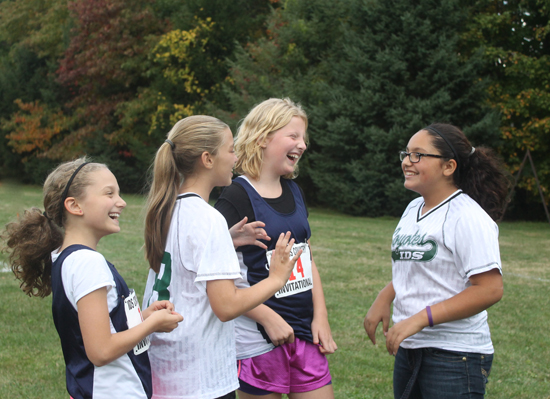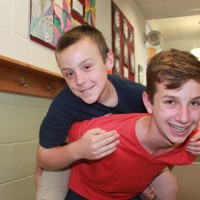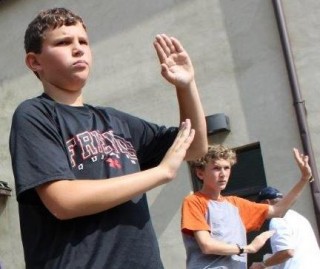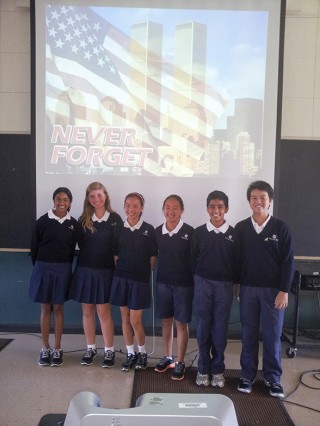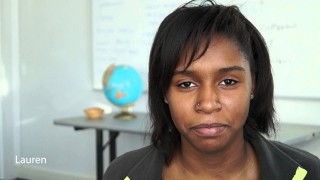In their weekly Advisory period, Middle Schoolers at Independent Day School tackle a framework of role-playing exercises that build from grades 6-8. They focus progressively on empathy and communication, bullying prevention, emotion management and coping, problem solving, goal setting and decision making, and substance abuse prevention. It’s part of the school’s social and emotional learning program, Second Step, which gives students the tools to achieve success and helps create a safe, respectful learning environment.
The ability to recognize and manage emotions, solve problems effectively, and establish positive relationships with others are, psychologists believe, critical skills for students at these transitional grade levels. That’s why these role-playing devices are really effective, says seventh grade advisor Carrie Boyce. “After the students’ initial discomfort, they get really into each character’s persona and how they perceive them to act. It’s work, but it doesn’t feel like work.” There are also pre- and post-program surveys from the students’ perspectives to help evaluate the lessons’ effectiveness.
“Some of the topics are things I know everyone my age is thinking about but no one wants to discuss,” says one middle schooler. “These scenarios force you to confront some of your own unintentional bad behaviors. You are definitely more aware of your words and actions afterwards.”
“This program is not taught in a vacuum,” says Assistant Head of School Martha Effgen. “It has to move out of the classroom into real world situations to make a difference, and we’ve already seen a marked improvement and engagement with the students.”
